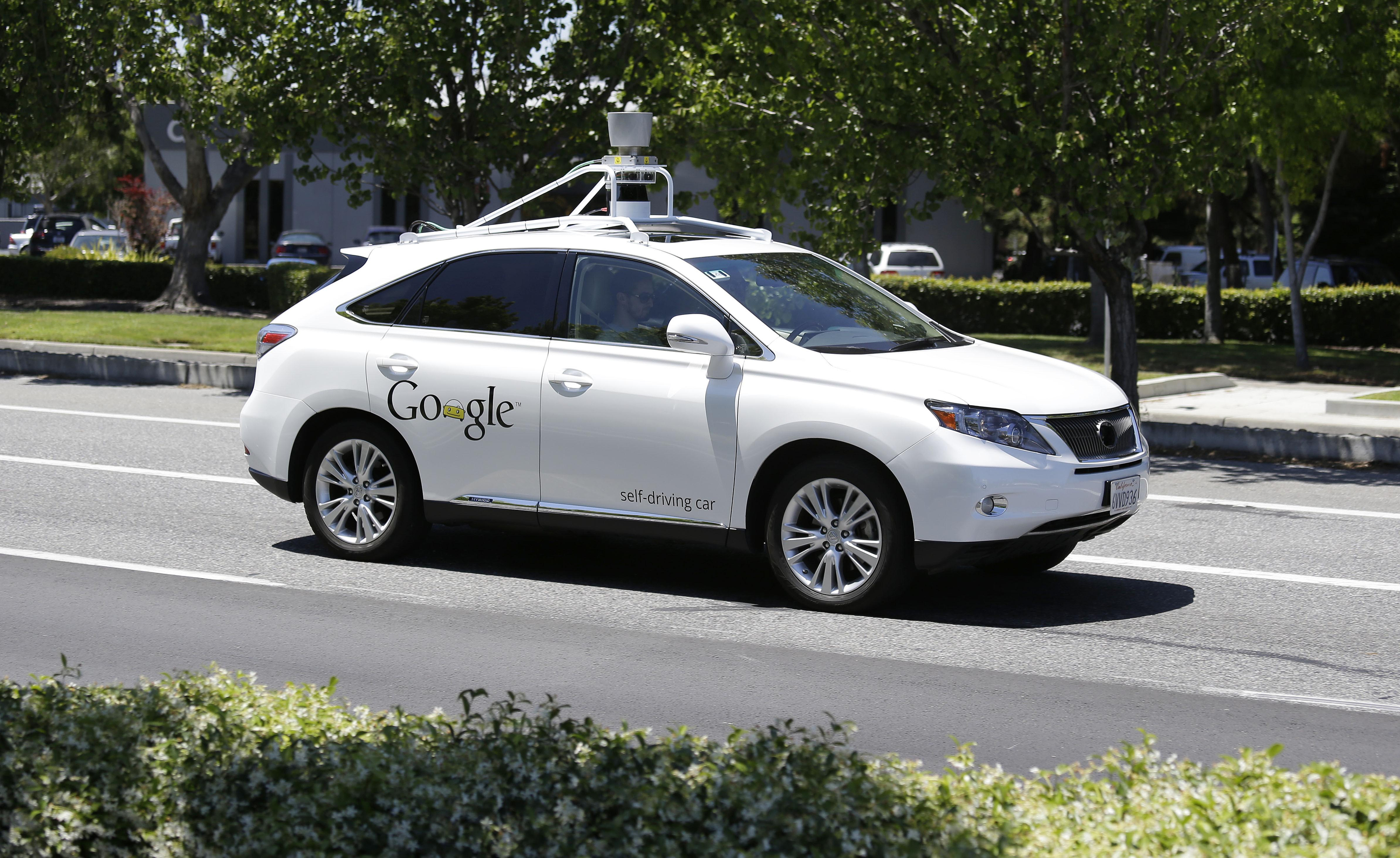WASHINGTON — A new report by transit researchers at Virginia Tech found that self-driving cars on “autonomous” mode crashed fewer times than conventional cars.
The Google-commissioned report, which was released Friday, was prepared by the Virginia Tech Transportation Institute. According to the study, the crash rate for self-driving cars was 3.2 crashes per million miles. Comparatively, regular cars had a rate of 4.2 crashes per million miles.
Researchers at Virginia Tech were trying to address the question of whether or not self-driving cars were more prone to crashes. The study reviewed national crash data and driving studies that closely monitored the on-road experiences of 3,300 vehicles that covered more than 34 million vehicle miles. The results were then compared with data from Google’s self-driving car program.
It seems America’s roads really could be headed toward a driverless car future. Major carmakers entering the robo car arena — Renaul-Nissan recently announced plans to introduce 10 self-driving vehicles by 2020. Tesla already has a model that can operate in self-driving mode.
Google’s self-drivers have logged more than one million miles in “autonomous” mode since 2009. As of Dec. 31, the Google had 23 self-driving Lexus SUVs and 30 “prototypes” roaming the streets of Mountain View California and Austin, Texas, according to the company’s safety records.
But the technology isn’t without its glitches. In November, police stopped a self-driving car in Silicon Valley for driving too slowly, backing up traffic as it crept at 24 mph in a 35 mph zone.
California has rolled out safety regulations aimed at these type of cars.





